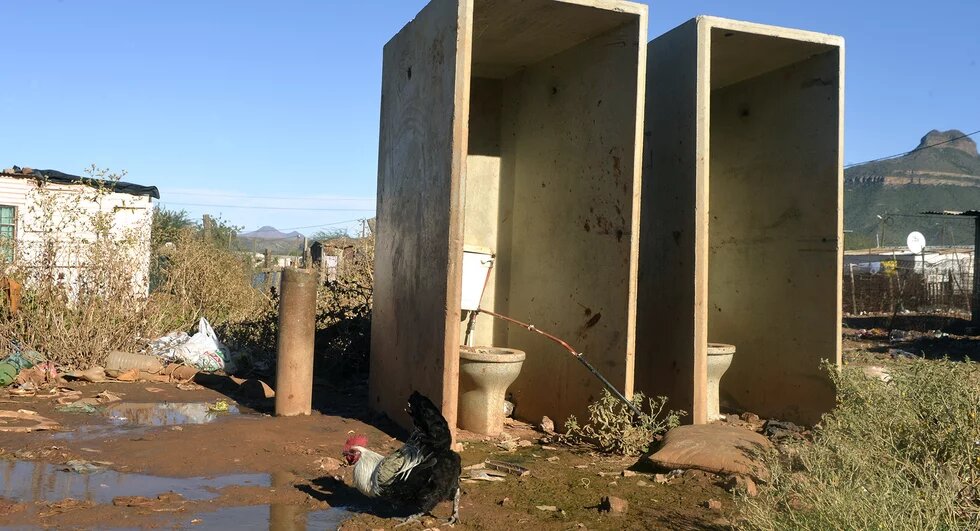Many impoverished communities have been condemned to the political wasteland of service non-delivery, while deployment and tenders to politically connected companies remain the order of the day in many municipalities. Political parties’ graving for power has come at an impossibly high cost for the poorest South Africans.

Centring on power rather than health and dignity, the narratives of the upcoming local government election highlighted the deep chasm between politics and the needs of the community.
The ANC talked, and sometimes pleaded, to retain power. The DA talked about keeping the ANC out. There was talk about coalitions, about keeping smaller parties out, about keeping smaller parties in. There was cynical and irresponsible campaigning around the highly vexed issue of vaccination. But there was not a lot of talk about restoring the dignity of communities.
It was only really the independent parties or new service delivery movements that talked about the rubbish in the street, the potholes and not having water. In the bigger political parties, there appears to be very little understanding of what it means to have homes flooded by sewage, to have to live amidst rubbish, to be scared to drive at night because of potholes — even if some of them, and rightly so, claim to “get things done” this efficiency often is not extended to the poor and the vulnerable.